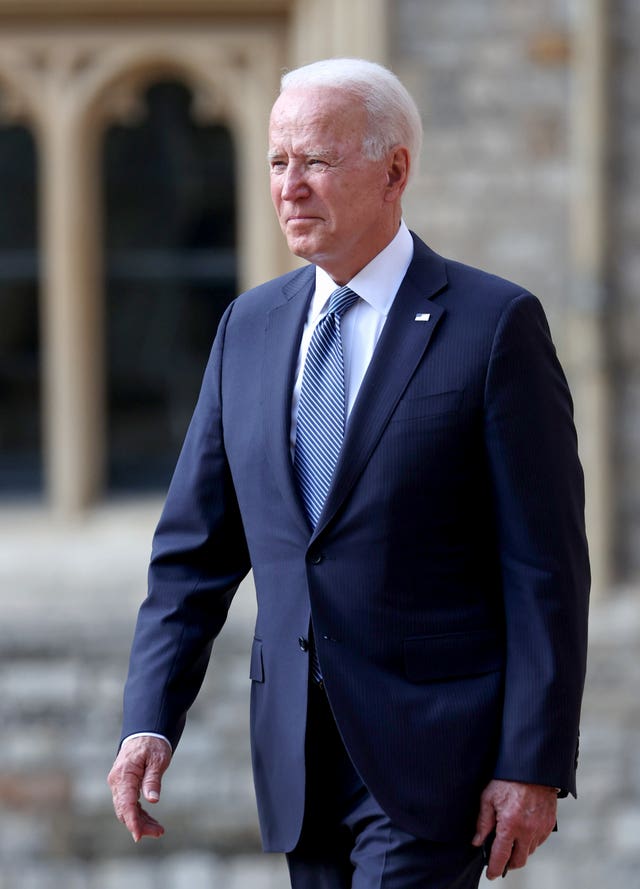Australia’s cancellation of a French submarine contract will complicate and delay negotiations on an Australian-European Union free trade deal, a European trade official said.
Australia’s decision to end the 66 billion dollar (£48 billion) deal was “kind of an attack against European interests”, said Bernd Lange, a German lawmaker and the chairman of the European Parliament’s Committee on International Trade.
“It is more complicated,” Mr Lange told Australian Broadcasting Corporation of the negotiations following the French snub.
Mr Lange said the deal would not be signed before French elections are held in May next year.
“It is a question of how serious and how reliable Australia is,”he said.
“Therefore there’s a discussion how to deal now with the trade agreement, but I guess there is no clear commitment to stop the negotiation.
“Now the trust is missing.”
France responded by recalling its ambassadors from the United States and Australia.
French Foreign Minister Jean-Yves Le Drian declared on Monday that there was a “crisis of trust” in the United States.
French Ambassador to Australia Jean-Pierre Thebault on Monday denied media reports that France was lobbying the other 26 European Union countries not to sign the trade deal with Australia which has been under negotiation since 2018.

Prime Minister Scott Morrison continued to deny French claims they only became aware of the nuclear submarine deal the day it was announced.
“It would be naive to think that a decision of this nature was not going to cause disappointment, obviously, to the French. We understand that. We totally acknowledge that,” Mr Morrison told reporters in New York City ahead of a meeting with Mr Biden and the leaders of India and Japan who make up the Quad security forum.
“It was not possible for us to be able to discuss such secure issues in relation to our dealings with other countries at that time.
“We have made it very clear, I had made it very clear, that a conventional submarine would no longer be meeting our strategic interests and what we needed those boats to do. That had been communicated very clearly many months ago,” he added.






